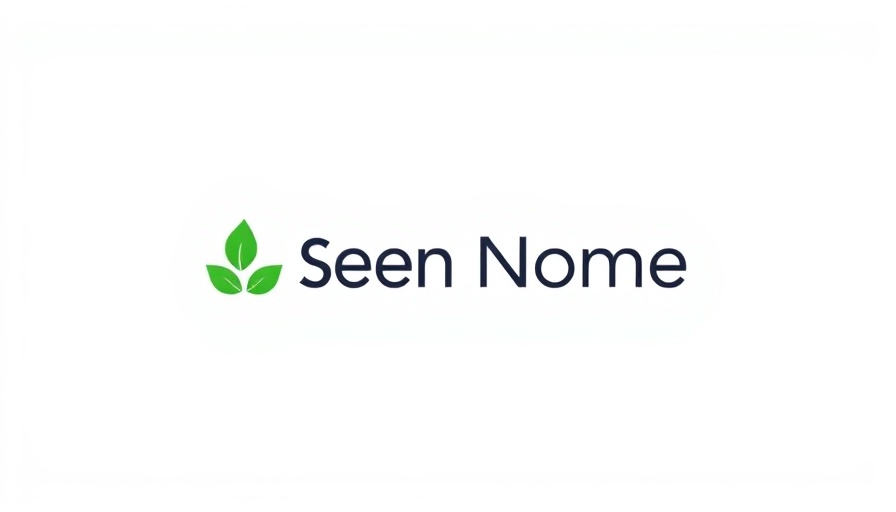
Chase’s 5% Bonus Categories for Q3 2025: What Business Owners Need to Know
As summer brings warmer weather, it also brings forth a lucrative opportunity for small business owners and managers as Chase announces its exciting 5% bonus categories for Q3 2025. Effective from July to September, eligible cardholders can enjoy cashback rewards when making purchases in designated categories such as Instacart, Gas and EV Charging, and Live Entertainment. This strategic move not only helps consumers save money but also offers businesses an avenue to bolster their financial growth.
Maximizing Rewards with New Purchasing Patterns
These categories reflect shifting consumer preferences and habits, highlighting the importance of adapting spending strategies to align with promotional opportunities. For instance, as many companies push for hybrid work models, employees spend more on gas or electric charging for commuting. By taking advantage of Chase's cashback offerings, businesses can directly link their daily expenses with potential savings, showcasing a forward-thinking approach to financial management.
Why Instacart Stands Out in This Quarter
With the rise of online grocery shopping, Instacart emerges as a significant player in the market. For business owners, using this platform not only simplifies procurement for office supplies but also provides a reliable solution for employee meals or snacks during team meetings. Leveraging Chase’s cashback on Instacart purchases means more operational funds can be diverted back into the business, fueling further growth.
Positioning for the Future: Embracing EV Charging Incentives
As the world transitions to sustainable practices, electric vehicles are gaining traction, especially among environmentally conscious businesses. Chase's inclusion of gas and EV charging as bonus categories underscores a commitment to sustainable practices. Business managers should consider integrating EV charging stations in their infrastructure to attract eco-friendly customers while simultaneously benefiting from cashback rewards on their electric charge expenses.
Live Entertainment: A Driver for Networking and Building Relationships
Beyond the tangible savings, the emphasis on live entertainment in the cashback promotion signals an important opportunity for networking and relationship-building. Businesses can consider arranging team outings or client appreciation events through this avenue. Not only does this foster a positive work culture, but it can also lead to potential contracts and partnerships that significantly elevate a brand's position in the market.
Financial Growth with Strategic Credit Card Utilization
For small business owners, utilizing credit cards effectively is crucial for financial health. The Chase Freedom card with its 5% bonus categories empowers businesses to align everyday expenses with their strategic financial goals. As such rewards programs evolve, owners should stay informed and proactive, ensuring they maximize the value of their cards while maintaining sound financial practices.
Your Next Steps: Engaging with the Offer
To take full advantage of Chase’s Q3 bonuses, business owners are encouraged to evaluate their expense patterns and explore how these bonus categories can be effectively integrated into their purchasing strategies. By planning ahead and using tools provided by Chase, entities can potentially see tangible increases in cash flow and financial performance.
Consider these opportunities not just as cashback incentives but as part of a broader strategy for financial advancement and operational efficiency. Engage with your team to discuss shifting purchase patterns and embrace the rewards available with each transaction.
By staying informed and making strategic decisions, business owners can leverage these promotional opportunities from Chase to fuel their growth targets in Q3 and beyond.
 Add Row
Add Row  Add
Add 




Write A Comment